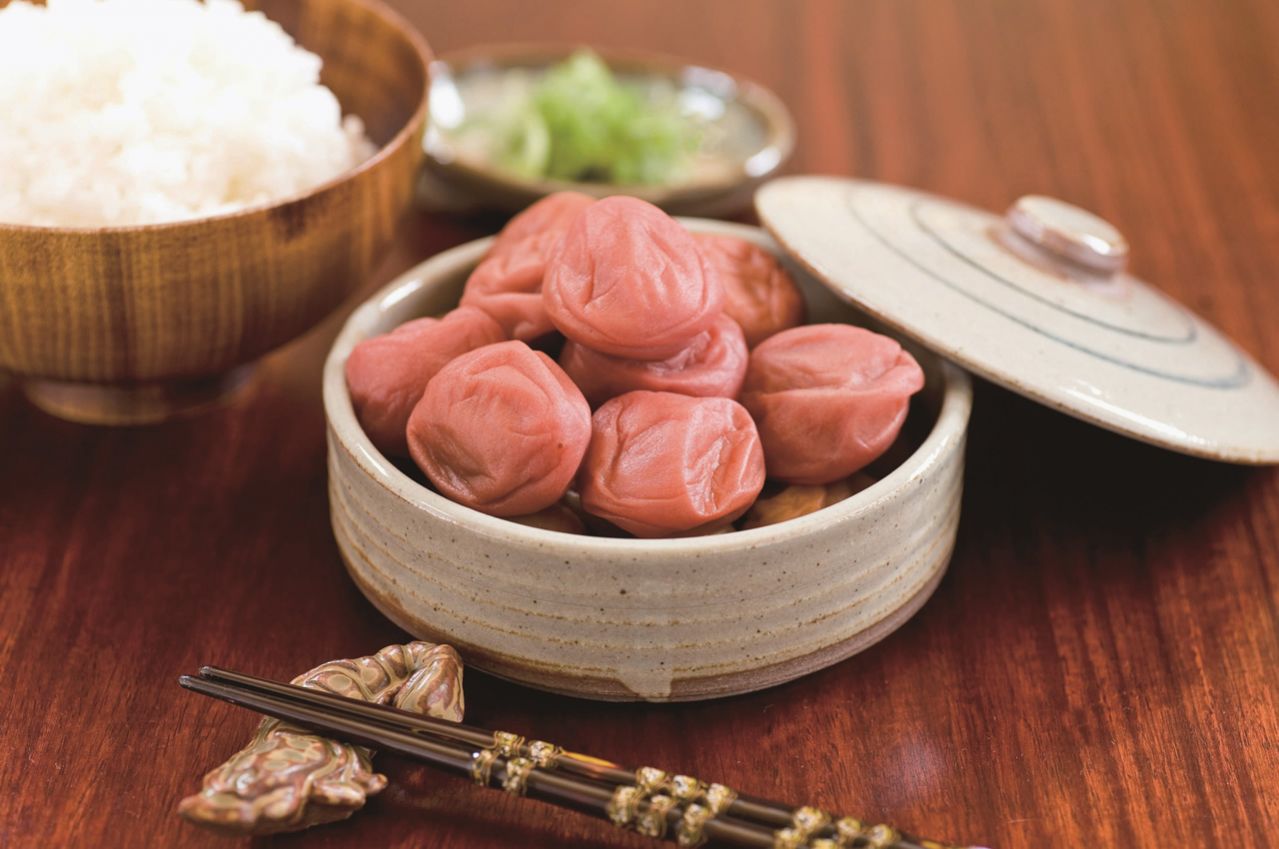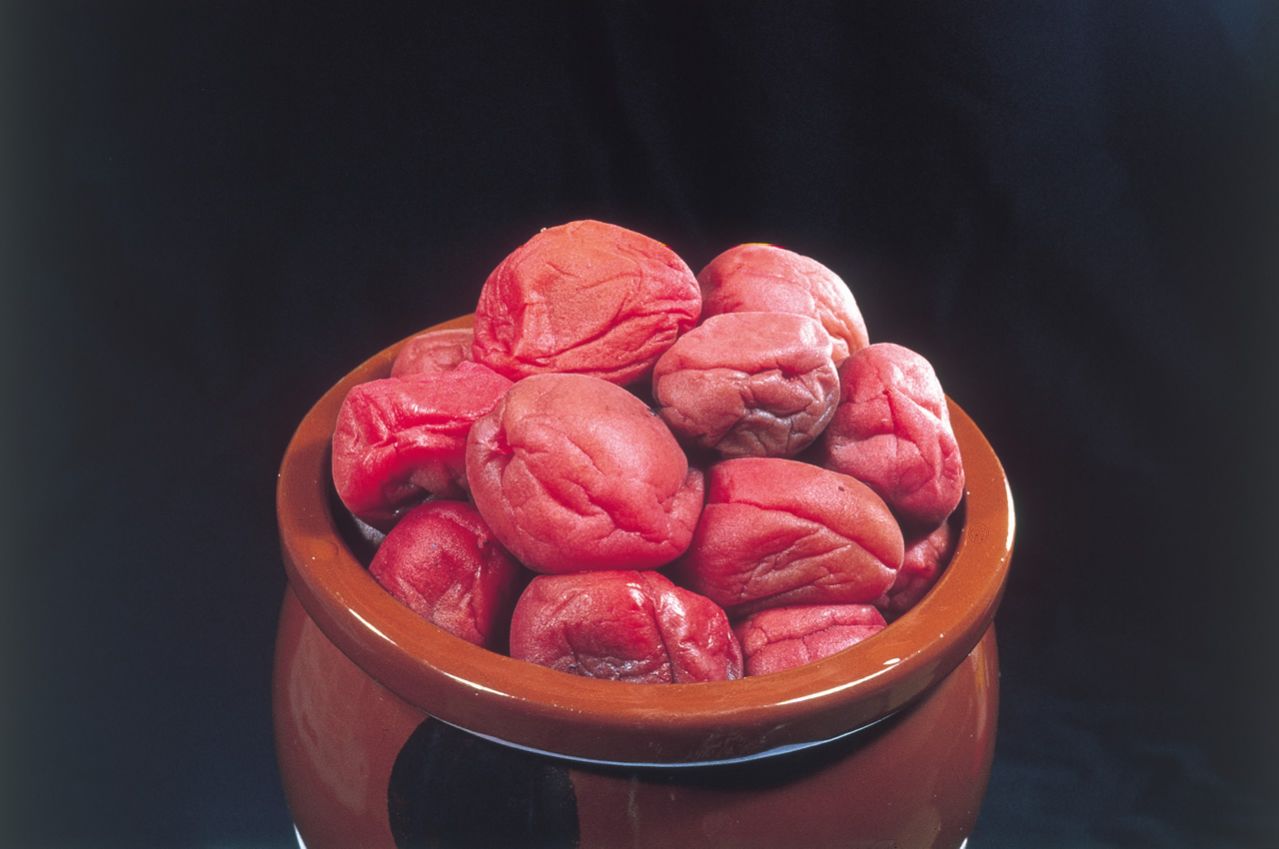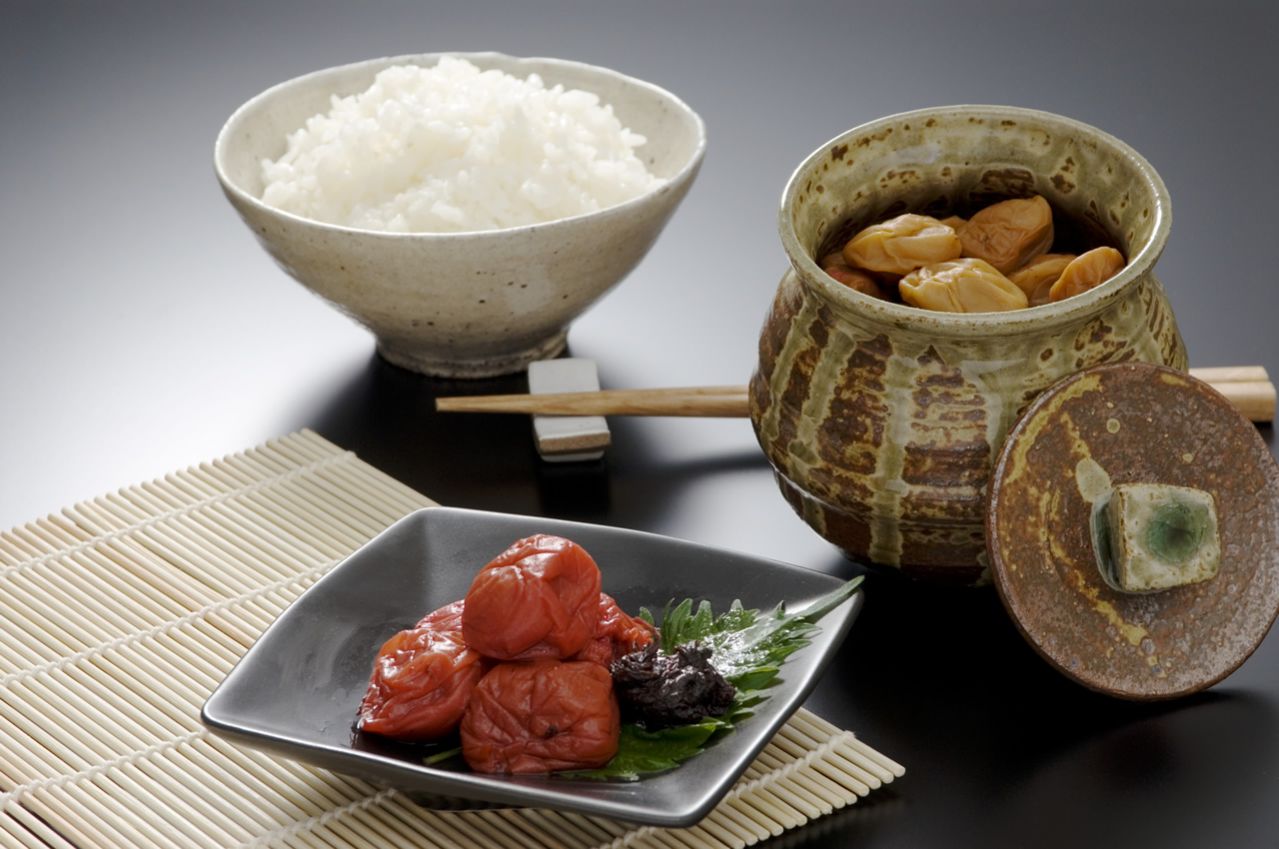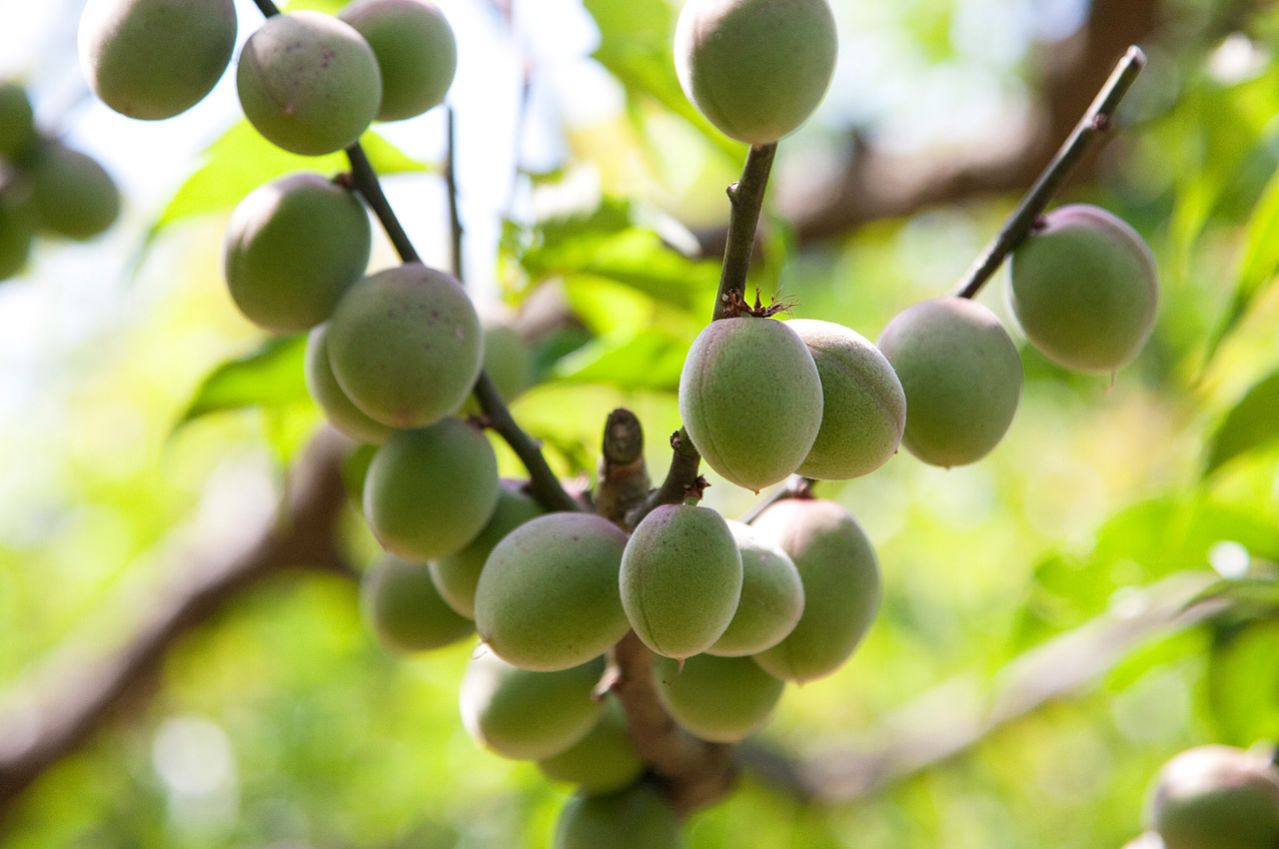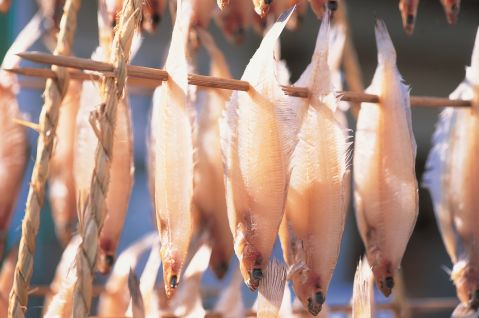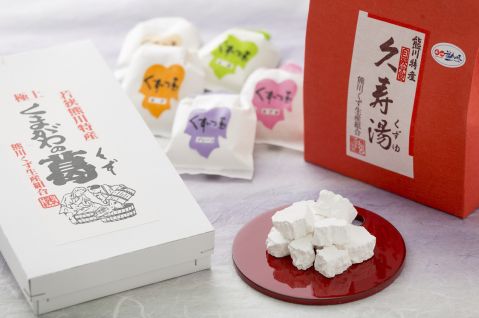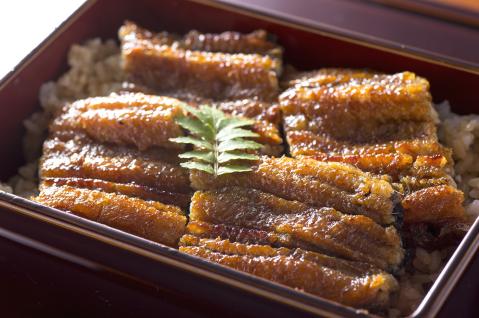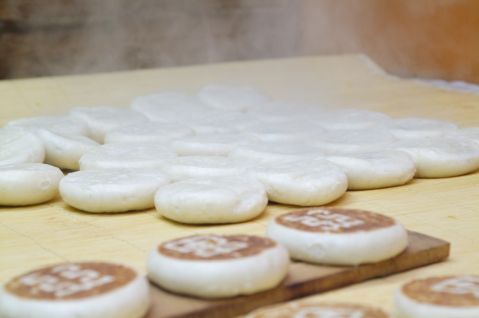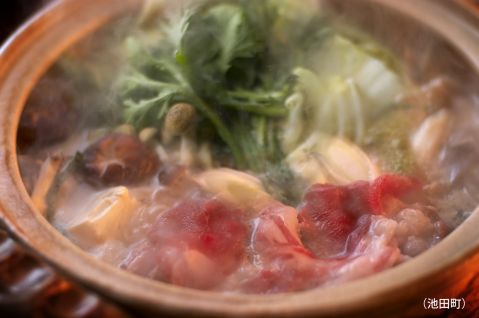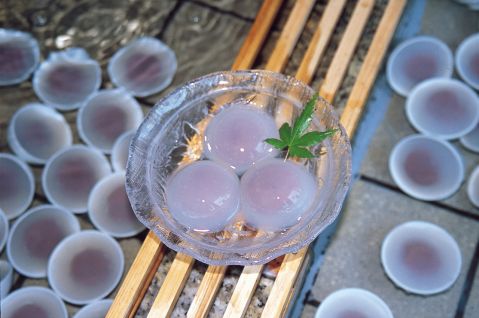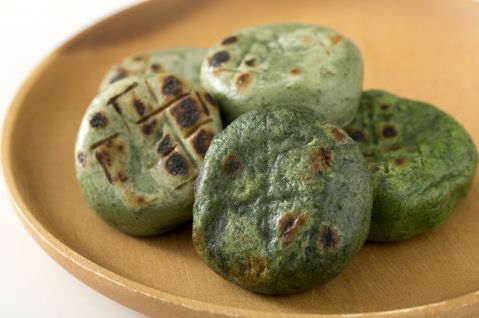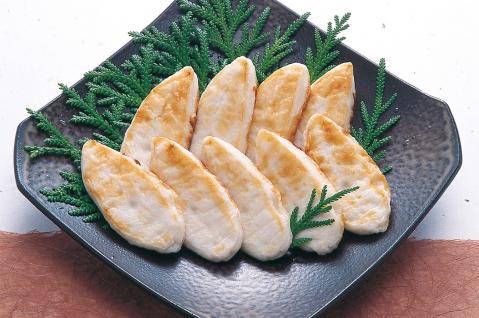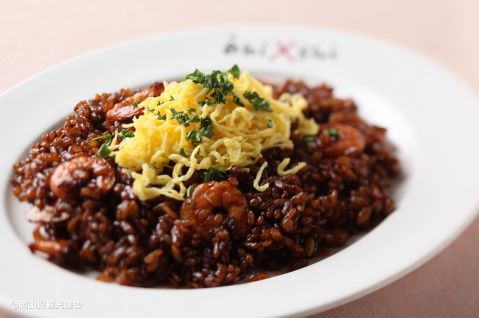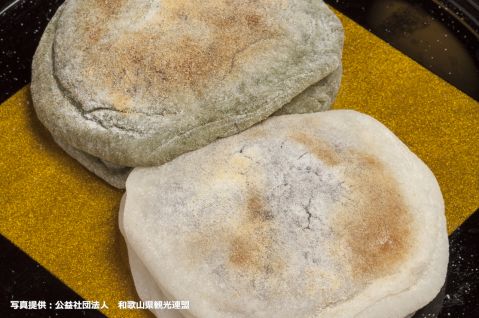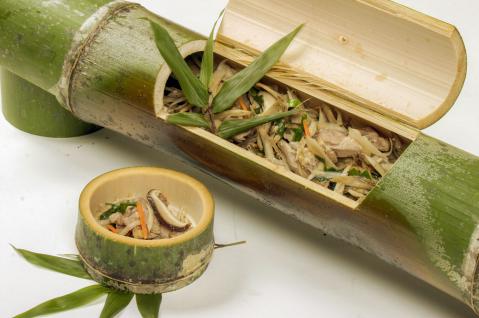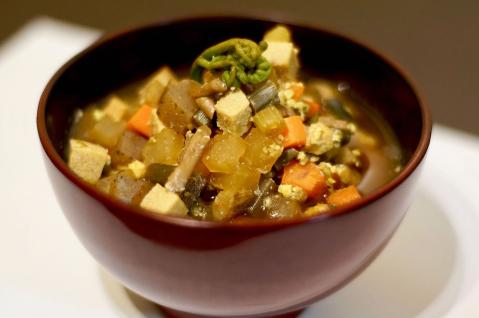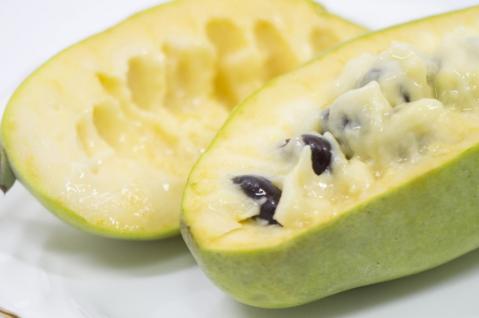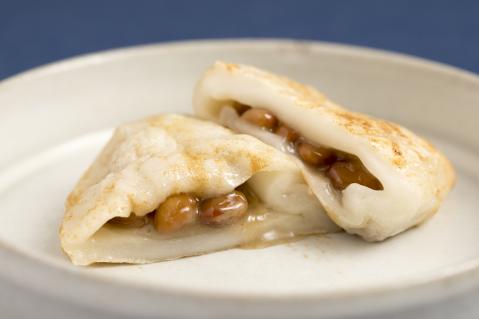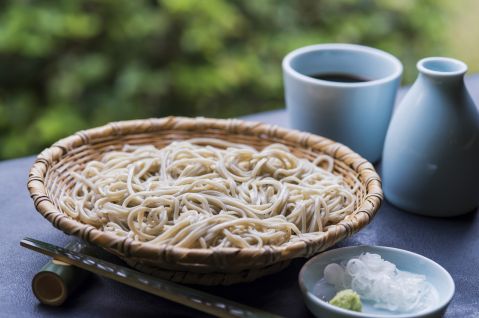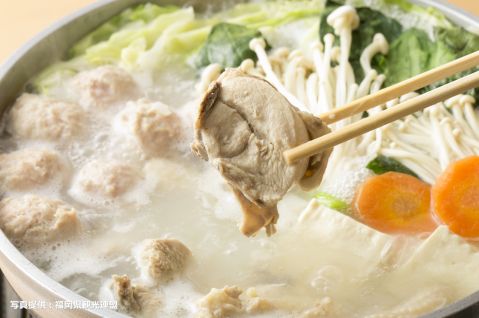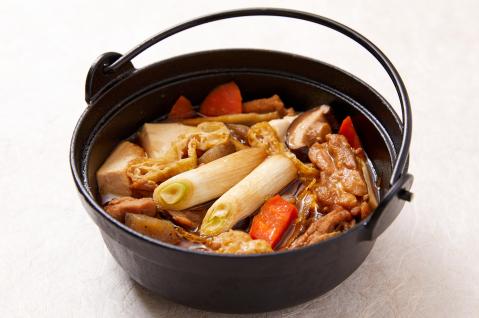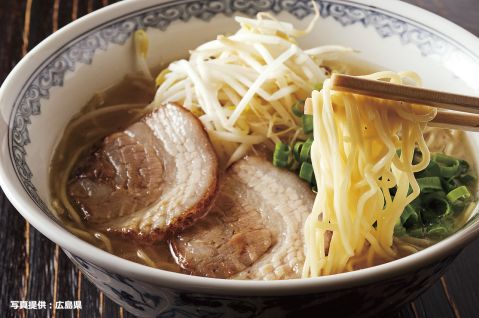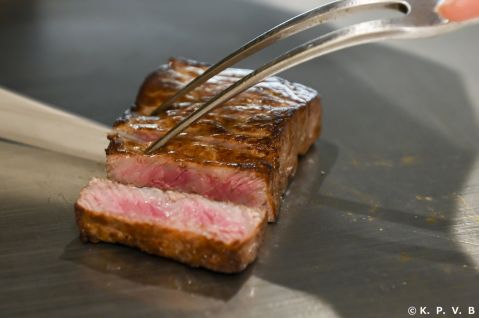Fukui Ume (Fukui Plums)
The Vital Energy of the Wakasa Region: Fukui Ume
About Fukui Ume (Fukui Plums)
The history of cultivating Fukui ume (福井梅, Fukui plums) dates back centuries, with its origins said to trace back to the early Edo period (1830–1844) in the Wakasa Town area.
From around 1882, plum farming became well established, and the plums became known as "Nishida Ume," endearing themselves to the locals over the years.
Fukui ume includes various varieties such as Benisashi, Kensaki, Shin-Heidayu, and Fukudayu, each with its unique characteristics:
■ **Benisashi**
As its name "red streak" suggests, the skin of the Benisashi plum takes on a reddish tint in areas exposed to sunlight as it ripens.
This variety is perfect for making plum wine and umeboshi (salt-cured plums), the latter being particularly prized for its thick, plump texture.
■ **Kensaki**
The name Kensaki, meaning "sword tip," comes from the slightly pointed shape of the fruit's tip.
This variety is known for its large, early-ripening fruit, making it the first Fukui ume variety to be harvested and shipped. It is ideal for plum wine and plum syrup.
■ **Shin-Heidayu**
Registered as a variety in 1986 by the prefectural horticultural institute, the Shin-Heidayu plum is named after the "Heidayu" plums cultivated since the Edo period.
This variety ripens slightly later in the season, producing an abundant harvest. It is highly regarded for its excellent quality as umeboshi.
■ **Fukudayu**
A newer variety developed by crossbreeding Shin-Heidayu with a type known as Orihime, Fukudayu was registered in 2005 by the prefectural horticultural institute.
Although the fruit is slightly smaller, it matures early and yields extremely well. Suitable for both plum wine and umeboshi, it is hailed as the emerging star among Fukui ume varieties.
Whether for their vibrant taste or cultural connection to the Wakasa region, Fukui ume (福井梅, Fukui plums) continue to be cherished for their versatility and distinct flavors.
Related videos
Reviews
There are no reviews yet.
